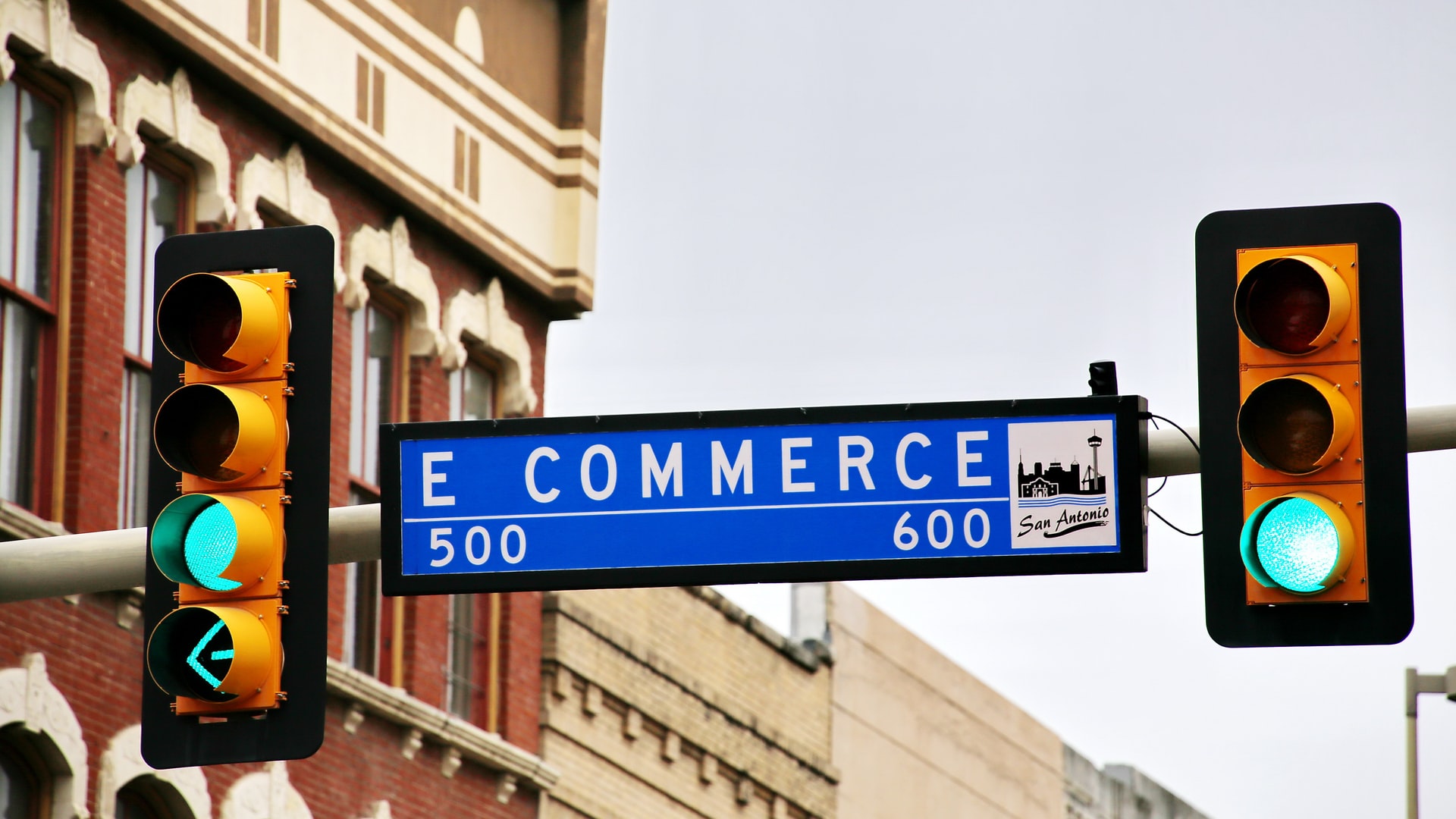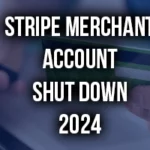A recent study by Shift revealed that the average customer carries less than $40 in cash.
For businesses that want to sell more than $40 worth of anything to a customer, it’s time to accept payment cards. And if you want to accept payment cards, then you’re going to need a merchant account.
But what is a merchant account? That’s what we’ll talk about in this article.
via GIPHY
What is a Merchant Account?
A merchant account is a specific type of commercial bank account for merchants. It allows them to accept electronic payments. When a merchant accepts cash, that can go directly into their regular business bank account. When you pay the bills of your business, that can come out of the same account. Accepting payment cards complicates the matter, though. When you accept payment cards, you have to deal with banks. A merchant account is like escrow. Your customer makes a purchase using their credit card, then the card’s issuing bank fronts you that money, which is placed into your merchant account. Some time later, the purchase is finalized — the customer settles their bill with their issuing bank, and the money moves from your merchant account into your regular business bank account. If your business accepts only cash, it’s possible to get by without a merchant account. But if you want to reach that huge mass of customers who pay for everything over $50 with a credit card — or if you plan to do the bulk of your business online, like so many businesses had to do in 2020 — then a merchant account is going to be the saving grace of your business. It should be said that a merchant account isn’t like your other bank accounts. Though it may seem strange, it’s more a business relationship found between merchants and the major card networks, like Visa, American Express, Mastercard, and Discover. Here, the bank that issued the card advances funds for a purchase to the merchant. Later they will recoup those fronted funds by accepting payments from the people that used their credit cards.What to Consider Before Getting a Merchant Account
Merchant accounts require banks to take on a certain amount of risk. But banks don’t like risk, or at least unnecessary risk, so they use certain metrics to determine whether or not to issue a merchant account to a business. Ask yourself these questions as you consider getting a merchant account.- How long has your business been open? History makes a big difference to banks. While businesses close every day, and conditions change, a business that’s been open for years is likely to continue being open. A business that’s been around just a short time is more likely to close.
- What type of business is it? Some businesses are more likely to stay open than others. The neighborhood malt shop won’t be a target for Walmart or Amazon. But the clothing store that just opened has to fight off the big box store uptown and the online shops as well, thereby increasing the chance that it will fail.
- How has business been? If your business declared bankruptcy at some point, or defaulted on any previous loans, your chances of getting a merchant account are slimmer than if it had not..
- What does your credit history look like? You are not your business, but you are a direct consequence of your business. If your credit history is poor, it can reduce your chances of finding a merchant account.
How to Get a Merchant Account
First, you need to know about the three flavors merchant accounts come in: Aggregated, Dedicated, and High Risk.Aggregated Merchant Accounts
In the United States, there are three major merchant account aggregators: PayPal, Square, and Stripe. (They also operate internationally.) These services aggregate, or lump together, transactions from lots of disparate merchants. They process these transactions through one of a few large merchant accounts, which are shared with others in the pool of aggregates. With these types of Payment Service Providers, setup is quick and easy. It does come at a cost, though. These services don’t take the time to get to know your business and its history, so if they notice any “strange activity” on your account, the only recourse they have is to hold your funds, or even close the account. This kind of merchant account is set up directly with acquiring banks and merchant account providers like National Processing, Stax (by Fattmerchant), and Fiserv (formerly known as First Data). They use a process called Underwriting to learn about your business, and what’s “normal” for it. With aggregated accounts, you’re stuck with the rates they use — and they’re actually pretty high. With dedicated merchant accounts, though, these rates can often be negotiated.High Risk Merchant Accounts
Easy Pay Direct is a high-risk merchant account provider. Some industries and methods of doing business are considered to be “high risk.” These include the gambling industry, as well as travel and adult services. Offering subscription services or monthly memberships is also considered high-risk. Not all merchant account providers will work with “high-risk” merchants.Getting the Merchant Account
Actually getting a merchant account is largely a process of providing information, and then waiting. A provider will examine the size and volume of your transactions, or your projections of them. And they’ll look at your business model — who you serve, and how you serve them. Before you start the process, you’ll also want to know:- What is your budget for merchant services?
- Are you going to operate in person, online, or both?
- Do you need point-of-sale equipment?
- Do you need a payment gateway, necessary to accept online payments?










